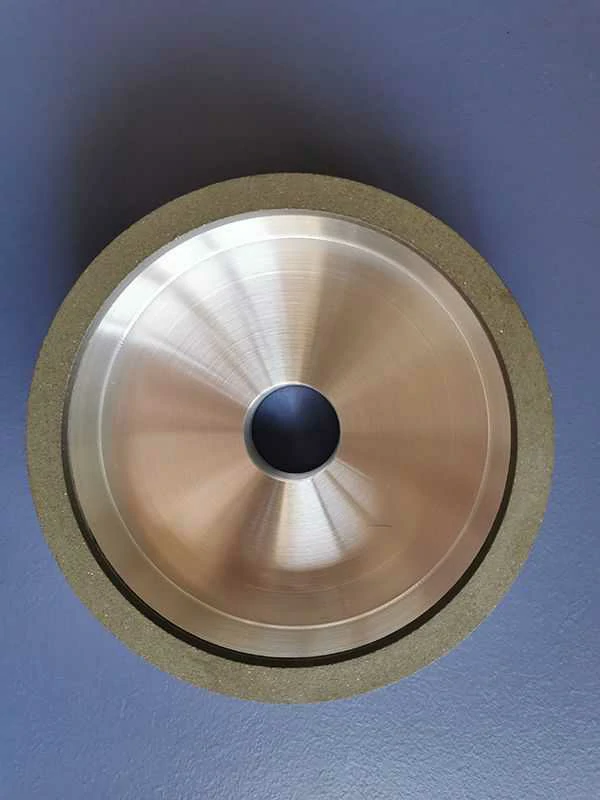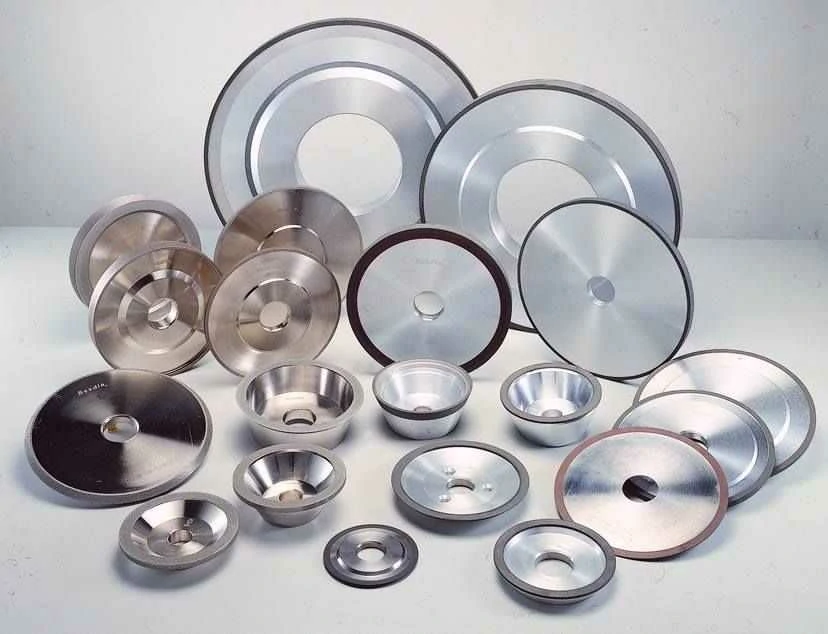This is how the Germans process the gears on airplanes, Ferraris, and robots
The German engineering industry has long been renowned for its precision and high-quality manufacturing. One particular area where German expertise shines is in processing gears for airplanes, Ferraris, and robots. Let’s delve into the intricacies of this fascinating process.
To begin with, the Germans emphasize the importance of using advanced technology and cutting-edge machinery. State-of-the-art gear processing machines are employed to ensure exceptional accuracy and efficiency. These machines are equipped with computer numerical control (CNC) systems, which allow for precise control over every aspect of the gear processing operation.
In addition to utilizing advanced machinery, German engineers focus on meticulous planning and preparation. Before any gears are processed, detailed blueprints and designs are created to determine the optimal specifications and dimensions. This attention to detail guarantees that every gear meets the required standards and functions flawlessly in the intended application.
When it comes to gear processing, the Germans prioritize the use of high-quality materials. Aircraft gears, Ferrari gears, and robot gears are subjected to extreme conditions, including high speeds and heavy loads. Therefore, robust materials such as hardened steel alloys are carefully selected to ensure durability and longevity. German engineers meticulously analyze the specific requirements of each gear application to determine the most suitable materials.
Once the gears are made from the chosen materials, they undergo a series of machining processes. These processes include turning, milling, grinding, and heat treatment. Turning involves shaping the gears by removing excess material, while milling enhances the precision of the gear teeth. Grinding further refines the gear surface, ensuring smooth operation and reducing noise. Finally, heat treatment is used to enhance the hardness and strength of the gears, making them capable of withstanding the demanding conditions they will encounter.
German engineers also place great importance on quality control throughout the gear processing journey. At various stages of production, rigorous inspections and tests are conducted to ensure that the gears meet the required specifications. This meticulous attention to quality guarantees that every gear leaving the production line is of the highest standard.
Furthermore, the Germans continuously invest in research and development to stay at the forefront of gear processing technology. They collaborate closely with universities, research institutions, and industry partners to explore innovative techniques and materials. This commitment to innovation ensures that German gear processing techniques remain cutting-edge and capable of meeting the ever-evolving demands of the industry.
In conclusion, the Germans’ approach to processing gears for airplanes, Ferraris, and robots is a testament to their engineering prowess. By combining advanced machinery, careful planning, high-quality materials, meticulous machining processes, rigorous quality control, and a commitment to innovation, German engineers consistently deliver gears that excel in performance and reliability. The result is flawless gear systems that contribute to the success of airplanes, Ferraris, and robots worldwide.
.webp)



